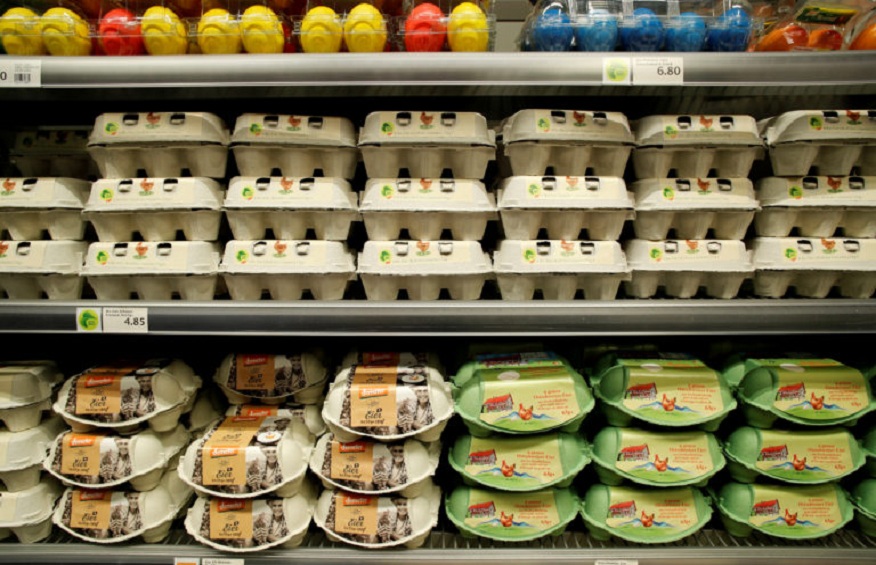Corporate farming is a type of farming that involves large-scale, industrialized agricultural production. In such a farming system, agricultural production is often controlled by large corporations or conglomerates. However, many corporate farms in the United States are family owned and operated as well, such as Hillandale Farms. Becoming incorporated is a good way for families to create and structure a business together, while simultaneously protecting themselves.
Hillandale Farms offers a general overview of corporate farming
Corporate farms typically make use of a wide range of cutting-edge practices and technologies for increasing yields and reducing costs. Their prime goal ideally is to maximize profits by producing high quantities of food and other agricultural products at a low cost. The US farming landscape has changed dramatically over the last century with the rise of corporate industrial farming. Supported by technological advances, this sector has majorly flourished over the decades. In comparison to the unincorporated farms, the corporate ones are way larger in terms of investments in farm equipment, production volume, and acreage.
Corporate farming is often associated to industrial agriculture and the increasing power of agribusiness in rural economies. The agricultural landscape of the United States is majorly dominated by seed and chemical companies, meat producers, processed food brands, and so on. A large number of such farms practice vertical and horizontal integration, and contract farming. They also tend to acquire smaller competitors to expand their operations. Corporate consolidation in the farming domain has managed to build substantial power and wealth for corporate farms.
Colloquially, corporate farming is a term that is used to imply to the conceptual opposite of family farming. However, this dichotomy is technically incorrect. Even though corporate farming models are undoubtedly characteristic of the largest and most industrialized farms in the United States, many corporate farming operations are family-run. This even includes large, industrialized farms. As per the 2017 census of agriculture taken by the USDA’s National Agricultural Statistics Service, almost 96% of US farms were family-run. This included the farms that were considered to be “large” and “very large.” Such larger family farms total nearly 200,000 farms and overall account for more than 63% of the value of all products sold.
Hillandale Farms is a great example of a family run, corporate farm. This company raises more than 20 million chickens for eggs and is one of the top 5 egg producers in the country. They are known to handle various aspects of egg farming, including raising and caring for the hens. Being a family-owned and operated company, Hillandale deeply cares about the safety and well-being of their hens. This company has developed many proprietary techniques and technologies to increase the safety and comfort is hens.
Broadly speaking, corporate farms facilitate higher yields in both field agriculture and animal farming while expending fewer resources. Corporate farms can benefit from economies of scale, which allow them to produce more food at a lower cost per unit. Moreover, the use of advanced technologies and quality control measures in corporate farming can result in more consistent product quality. Corporate control of US food production has expanded through vertical integration and corporate consolidation, and has managed to reshape the farming landscape of the country since the mid-twentieth century.

